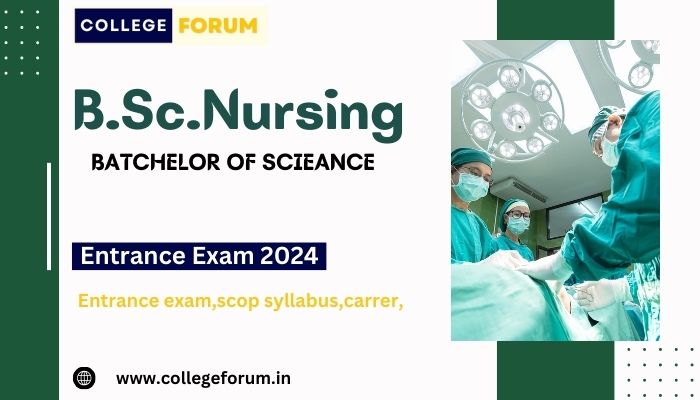Scope of a Bachelor of Education (B.Ed)
The scope of a Bachelor of Education (B.Ed) degree is expansive and encompasses various domains within the education sector. Graduates with a B.Ed degree have a wide range of career prospects and opportunities to make a significant impact. Here are some key aspects of the scope of a B.Ed degree: Classroom Teaching: One of the primary paths for B.Ed graduates is classroom teaching. They can become certified teachers in primary, middle, or high schools, specializing in subjects they are passionate about. B.Ed graduates are equipped with pedagogical skills and teaching techniques to engage and educate students effectively. Subject Specialization: B.Ed programs often offer opportunities for subject specialization. This allows educators to become experts in specific subjects, enhancing their teaching abilities and career prospects. Specialized teachers are in high demand to provide in-depth knowledge to students. Educational Leadership: B.Ed graduates can pursue leadership roles within educational institutions. These roles include department heads, curriculum coordinators, and school administrators. Their understanding of pedagogy and educational principles makes them valuable contributors to school management. Curriculum Development: B.Ed holders can be involved in designing curricula and educational materials. They can contribute to the development of engaging and effective learning resources that align with educational standards and objectives. Educational Technology: With the integration of technology in education, B.Ed graduates can explore roles related to educational technology. They can become instructional designers, e-learning developers, or technology integration specialists, helping educators use technology effectively in teaching. Tutoring and Coaching: B.Ed graduates can offer private tutoring or coaching services to students who need additional support. This personalized approach can significantly impact students’ academic performance and confidence. Adult and Continuing Education: B.Ed holders can work in adult education centers, community colleges, or vocational institutions. They can facilitate courses and workshops aimed at skill development and lifelong learning. Educational Consultancy: B.Ed graduates can provide consultancy services to educational institutions, offering insights into effective teaching methods, curriculum design, and student engagement strategies. Publishing and Content Creation: Some B.Ed graduates venture into educational publishing, creating textbooks, online courses, and educational content. Their understanding of instructional design and curriculum development proves valuable in this field. Non-Profit and NGO Work: B.Ed graduates can contribute to educational initiatives and programs run by non-profit organizations and NGOs. They can work on projects focused on education for underprivileged communities or special-needs students. In conclusion, a Bachelor of Education (B.Ed) degree offers a broad and dynamic scope within the education sector. Graduates can pursue careers in classroom teaching, educational leadership, curriculum development, educational technology, tutoring, adult education, consultancy, publishing, and more. With their pedagogical skills and expertise, B.Ed graduates have the opportunity to shape the future of education and make a positive impact on individuals and communities. read more:https://collegeforum.in/b-ed-colleges-in-dehradun read more: https://www.sarvgyan.com/courses/bachelor-of-education
Scope of a Bachelor of Education (B.Ed) Read More »









